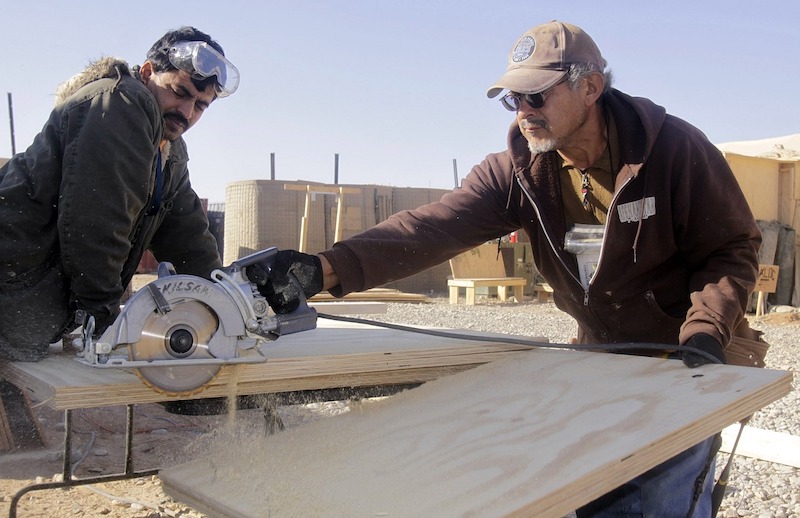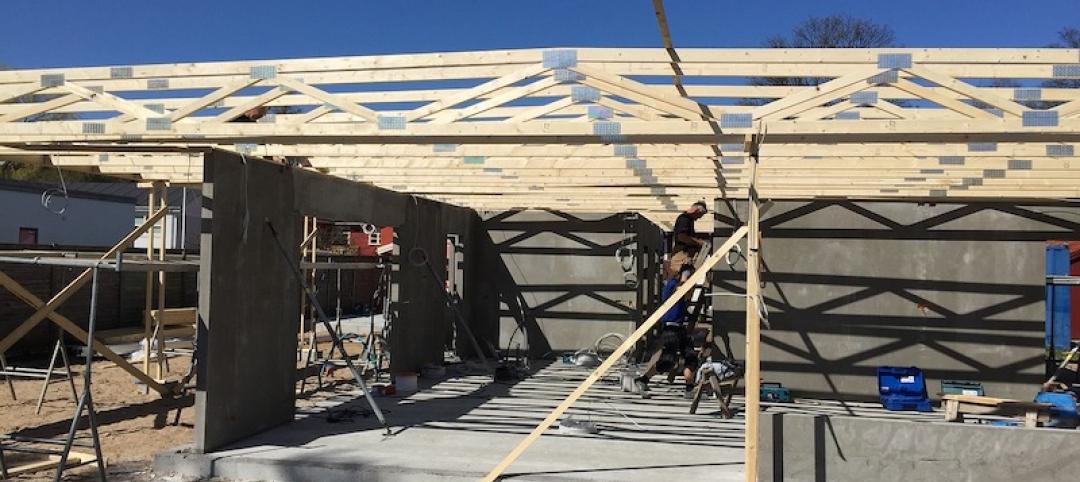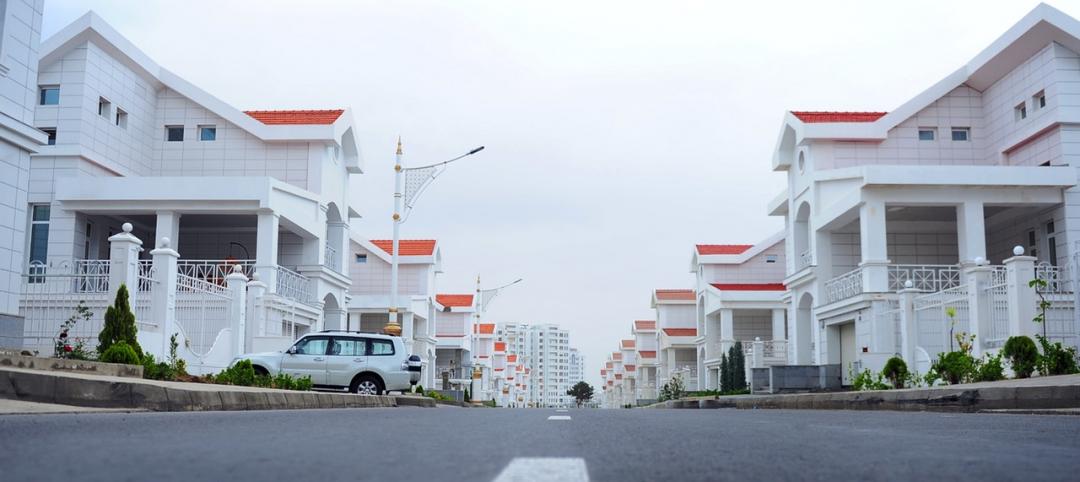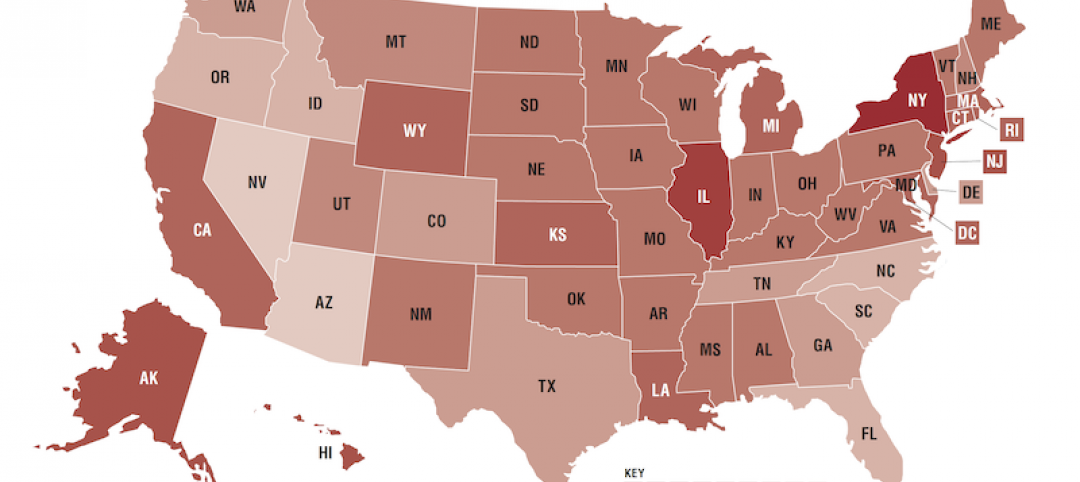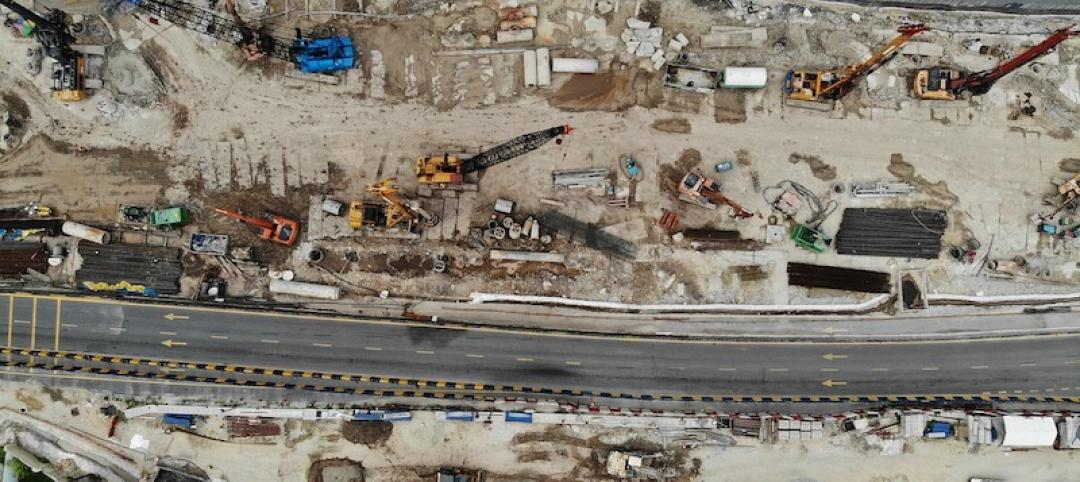The chief executive officer of the Associated General Contractors of America, Stephen E. Sandherr, issued the following statement in reaction to the release today of Senate Republican’s latest coronavirus relief measure, the Heals Act:
“Senate Republicans have crafted a relief measure that includes a number of vital provisions that will allow hard-hit construction firms to begin rebuilding their businesses and payrolls. Among the most promising of these provisions are liability reforms so construction firms that are protecting workers from the coronavirus will not be subjected to needless litigation. The proposal also includes important improvements to the Paycheck Protection Program and a much-needed expansion of the Employee Retention Tax Credit, both of which will help protect construction jobs.
“The measure also takes a more thoughtful approach than the existing federal unemployment insurance benefit by protecting unemployed workers without creating artificial barriers to returning people to good-paying jobs in sectors like construction. And the ambitious workforce development provisions in this measure have the potential to help millions of unemployed prepare for new careers in middle-class professions like construction.
“The measure is not without flaws, however. Most troubling is the virtual lack of funding for new infrastructure improvements. State transportation officials are coping with a $37 billion funding shortfall, declining revenues and the uncertainty that comes with the September 30 expiration of the existing highway and transit law. Additionally, public school, health and broadband infrastructure need federal investment to meet the challenges of operating during and after the pandemic. Ultimately, such new investments are essential to sustaining and rebuilding the American economy, which is why we will work to ensure they are ultimately included in a final relief measure.
“This proposed measure includes many provisions that will help the construction industry and the broader American economy. Combined with new infrastructure funding, it will help workers and employers avoid further economic harm. That is why we will work with leaders in both parties and both houses to see a final, fuller, measure enacted as quickly as possible.”
Related Stories
Market Data | Nov 14, 2019
Construction input prices unchanged in October
Nonresidential construction input prices fell 0.1% for the month and are down 2.0% compared to the same time last year.
Multifamily Housing | Nov 7, 2019
Multifamily construction market remains strong heading into 2020
Fewer than one in 10 AEC firms doing multifamily work reported a decrease in proposal activity in Q3 2019, according to a PSMJ report.
Market Data | Nov 5, 2019
Construction and real estate industry deals in September 2019 total $21.7bn globally
In terms of number of deals, the sector saw a drop of 4.4% over the last 12-month average.
Market Data | Nov 4, 2019
Nonresidential construction spending rebounds slightly in September
Private nonresidential spending fell 0.3% on a monthly basis and is down 5.7% compared to the same time last year.
Market Data | Nov 1, 2019
GDP growth expands despite reduction in nonresident investment
The annual rate for nonresidential fixed investment in structures declined 15.3% in the third quarter.
Market Data | Oct 24, 2019
Architecture Billings Index downturn moderates as challenging conditions continue
The Architecture Billings Index (ABI) score in September is 49.7.
Market Data | Oct 23, 2019
ABC’s Construction Backlog Indicator rebounds in August
The primary issue for most contractors is not a lack of demand, but an ongoing and worsening shortage of skilled workers available to meet contractual requirements.
Multifamily Housing | Oct 16, 2019
A new study wonders how many retiring adults will be able to afford housing
Harvard’s Joint Center for Housing Studies focuses on growing income disparities among people 50 or older.
Market Data | Oct 9, 2019
Two ULI reports foresee a solid real estate market through 2021
Market watchers, though, caution about a “surfeit” of investment creating a bubble.
Market Data | Oct 4, 2019
Global construction output growth will decline to 2.7% in 2019
It will be the slowest pace of growth in a decade, according to GlobalData.


